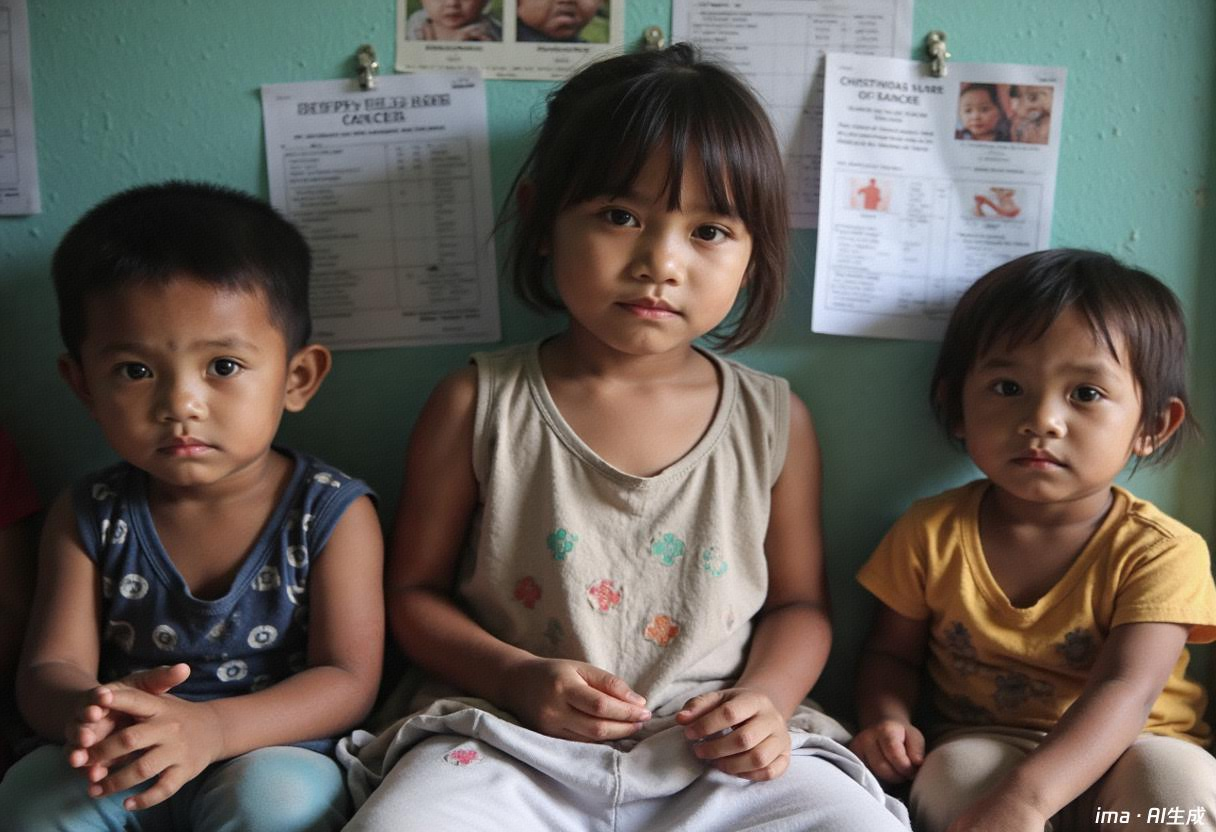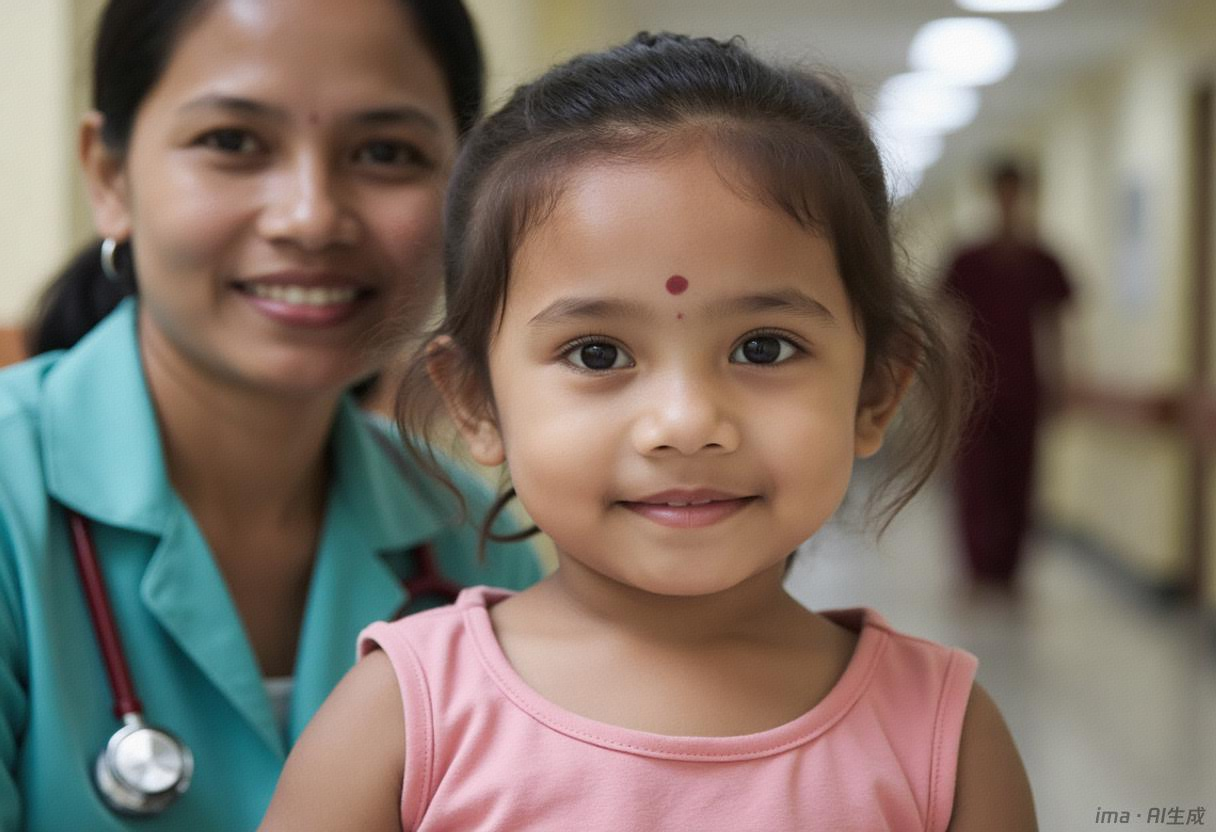Urinary System
Urinary System
Summarize
not have
Epidemiological
not have
Etiology & Risk Factors
kidney
Other risk factors
Both kidneys had cancer;
Having a genetic syndrome that increases the risk of kidney disease, such as Dennis-Darshness syndrome or Wagner syndrome;
Receive multiple treatments.
Possible health problems
Parts that impair kidney filtration and cleansing of blood;
The part of the kidney that removes excess water from the blood;
Electrolytes are lost from the body, such as magnesium, calcium or potassium;
bladder
risk factor
Pelvic surgery and certain types of chemotherapy can increase the risk of long-term effects on the bladder:
Surgery to remove all or part of the bladder;
Surgery on the pelvis, spine or brain;
Certain types of chemotherapy, such as cyclophosphamide or ifosfamide;
Radiation therapy to the bladder, pelvis or areas near the urethra;
Stem cell transplantation.
Possible health problems
Hemorrhagic cystitis (inflammation of the lining of the bladder that causes bleeding)
The bladder wall thickens
Bladder emptying is difficult
incontinentia urinae
Obstruction of the kidney, ureter, bladder or urethra
Chronic urinary tract infection
Classification & Staging
not have
Clinical Manifestations
kidney
S&S
- There is a desire to urinate but cannot
- Frequent urination (especially at night)
- dysuria
- Feeling tired
- Swollen legs, ankles, feet, face or hands
- Itch of skin
- N or V
- A metallic taste or bad breath in the mouth
- headache
Sometimes there are no signs or symptoms in the early stages. Over time, kidney damage continues and some signs or symptoms appear.
If your child has any of these problems, please consult your child's doctor.
bladder
sings and symptoms
- I feel the urge to urinate but I can't
- Frequent urination (especially at night)
- dysuria
- I don't feel like my bladder is completely empty after urination
- Swollen legs, ankles, feet, face or hands
- Little or no bladder control
- Blood in the urine
If your child has any of these problems, please consult your child's doctor.
Clinical Department
not have
Examination & Diagnosis
kidney
test mode
- Physical examination and medical history: Examine the general health of the body, including checking for signs of disease, such as lumps or other unusual things. Learn about the patient's health habits and past illnesses and treatments.
- Blood biochemistry tests: Blood samples are examined to measure the levels of substances such as magnesium, calcium and potassium released into the blood by organs and tissues. Abnormalities (above or below normal values) can indicate problems with the kidneys.
- Urinalysis: Tests that check the color and content of urine, such as sugar, protein, red blood cells and white blood cells.
- Ultrasound examination: The process of reflecting high-energy sound waves (ultrasound) to internal tissues or organs (such as the kidney) and producing echoes. The echoes form an image of body tissue called an ultrasound image. This image can be printed out for later viewing.
Talk to your child's doctor about whether your child needs the above tests to determine if kidney function is impaired. If so, determine how often the tests are needed.
bladder
test mode
- Physical exam and medical history: Examine the general health of the body, including checking for signs of disease, such as lumps or other unusual things. Learn about the patient's health habits and past illnesses and treatments.
- Blood biochemistry tests: Blood samples are examined to measure the levels of substances such as magnesium, calcium and potassium released into the blood by organs and tissues. Abnormal results (higher or lower than normal) may indicate a problem with the bladder.
- Urine test: Tests the color of urine and its contents, such as sugar, protein, red blood cells and white blood cells.
- Urinalysis: A test to check for bacteria, yeast, or other microorganisms in the urine when symptoms of an infection are present. Urinalysis can help identify the type of microorganism causing the infection. Treatment of an infection depends on the type of microorganism causing it.
- Ultrasound examination: The process of reflecting high-energy sound waves (ultrasound) to internal tissues or organs (such as the bladder) and producing echoes. The echoes form an image of body tissue called an ultrasound image. This image can be printed out for later viewing.
Talk to your child's doctor about whether your child needs a test to find out what's going on with the bladder. If a test is needed, find out how often it will be done.
Clinical Management
kidney
therapeutic tool
Chemotherapy with cisplatin, carboplatin, ifosfamide and methotrexate;
Radiation therapy to the abdomen or back;
Surgery to remove part or all of a kidney;
Stem cell transplantation;
Children who have recovered from cancer treated with a combination of surgery, chemotherapy and/or radiotherapy are at greater risk of long-term effects on kidney function.
Prognosis
not have
Follow-up & Review
not have
Daily Care
kidney
Prevention and health care
Children who have had all or part of their kidney removed for cancer should ask their doctor the following questions:
Whether certain sports are safe, including those with more intense physical contact or impact, such as football or hockey;
Bicycle safety, avoid the damage caused by the handlebars;
Fasten your seat belt around your hips, not your waist.
Cutting-edge therapeutic and clinical Trials
not have
References
Source:
PDQ® Pediatric Treatment Editorial Board. PDQ Late Effects of Treatment for Childhood Cancer. Bethesda, MD: National Cancer Institute. Website: https://www.cancer.gov/types/childhood-cancers/late-effects-pdq. Date accessed: July 24,2018. [PMID: 26389365]
Translated by Qian Yueping (Senior Manager of Medical Device Industry, Medical Clinical Affairs Department, PhD in Biology)
Audit specialists
not have
Search
Related Articles

Relaxation Therapy & Peace Care
Jul 03, 2025

Rare Childhood Tumour
Jul 03, 2025

Inflammatory Myofibroblastoma
Jul 03, 2025

Langerhans Cell Histiocytosis
Jul 03, 2025

Angeioma
Jul 03, 2025